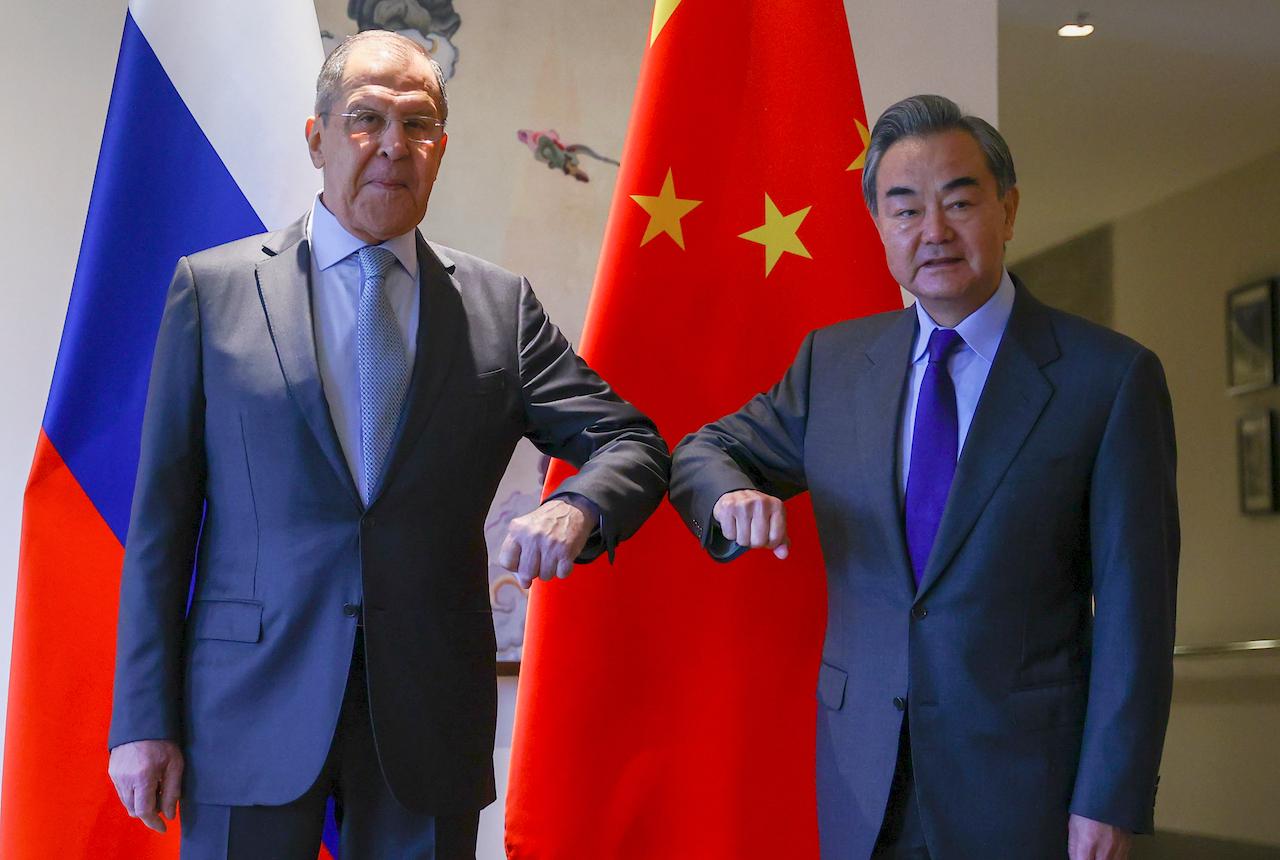China, Russia foreign ministers meet in show of unity against West
In the last century Moscow and Beijing were Cold War communist rivals but they are now forging extensive economic, military and scientific ties.
Just In
Russia and China have jointly condemned Western sanctions, a day after the EU, UK, US and Canada blacklisted some senior Chinese officials for human rights abuses against ethnic Uighurs in Xinjiang.
That is the first time the EU has imposed new sanctions on China over human rights abuses since the 1989 Tiananmen Square crackdown.
The joint attack came during a visit by Russian Foreign Minister Sergei Lavrov to Guilin in southern China, the BBC is reporting.
He said EU “unilateral decisions” had “destroyed” ties with Russia.
His Chinese counterpart, Wang Yi, said the era of interfering in China’s internal affairs had “gone forever”.
The Western allies have imposed sanctions on Russian officials close to President Vladimir Putin over several matters including: Russia’s 2014 annexation of Ukraine’s Crimea peninsula; alleged Russian meddling in the 2016 US presidential election; the nerve agent attacks on ex-spy Sergei Skripal and anti-Putin campaigner Alexei Navalny.
The Kremlin denies all the Western allegations.
Visiting Nato in Brussels on Tuesday, US Secretary of State Antony Blinken stressed his government’s strong opposition to the Russian Nord Stream 2 gas pipeline, which will run under the Baltic Sea from Russia to Germany.
Germany risks US sanctions over the nearly completed pipeline, as the US government sees it as a Russian tool to further divide Europe. The pipeline bypasses Ukraine and Poland – who also strongly oppose it.
Lavrov said he and Wang agreed that sanctions were “unacceptable” as a way to conduct international relations.
Wang said powerful countries “should not wantonly meddle in others’ internal affairs according to their own standards, or use the banner of democracy and human rights to build their power”.
Russia under Putin has forged extensive economic, military and scientific ties with China. In the last century they were Cold War communist rivals.
Lavrov and Wang rejected claims by some in the West that Russia and China were using “vaccine diplomacy” in the Covid-19 pandemic to gain global advantage.
Many countries have received doses of the Chinese Sinopharm vaccine and Russian Sputnik V vaccine, often faster and more cheaply than Western vaccines. In some cases, China – where the pandemic started – has distributed its vaccine for free.
Lavrov said the export of Sputnik V was guided by principles of “humanity” and “saving lives”, not by geopolitical or commercial interests.
Wang said China’s goal from the start was “to let more people receive the vaccine as soon as possible” and “help the whole world”.
Subscribe to our newsletter
To be updated with all the latest news and analyses daily.
